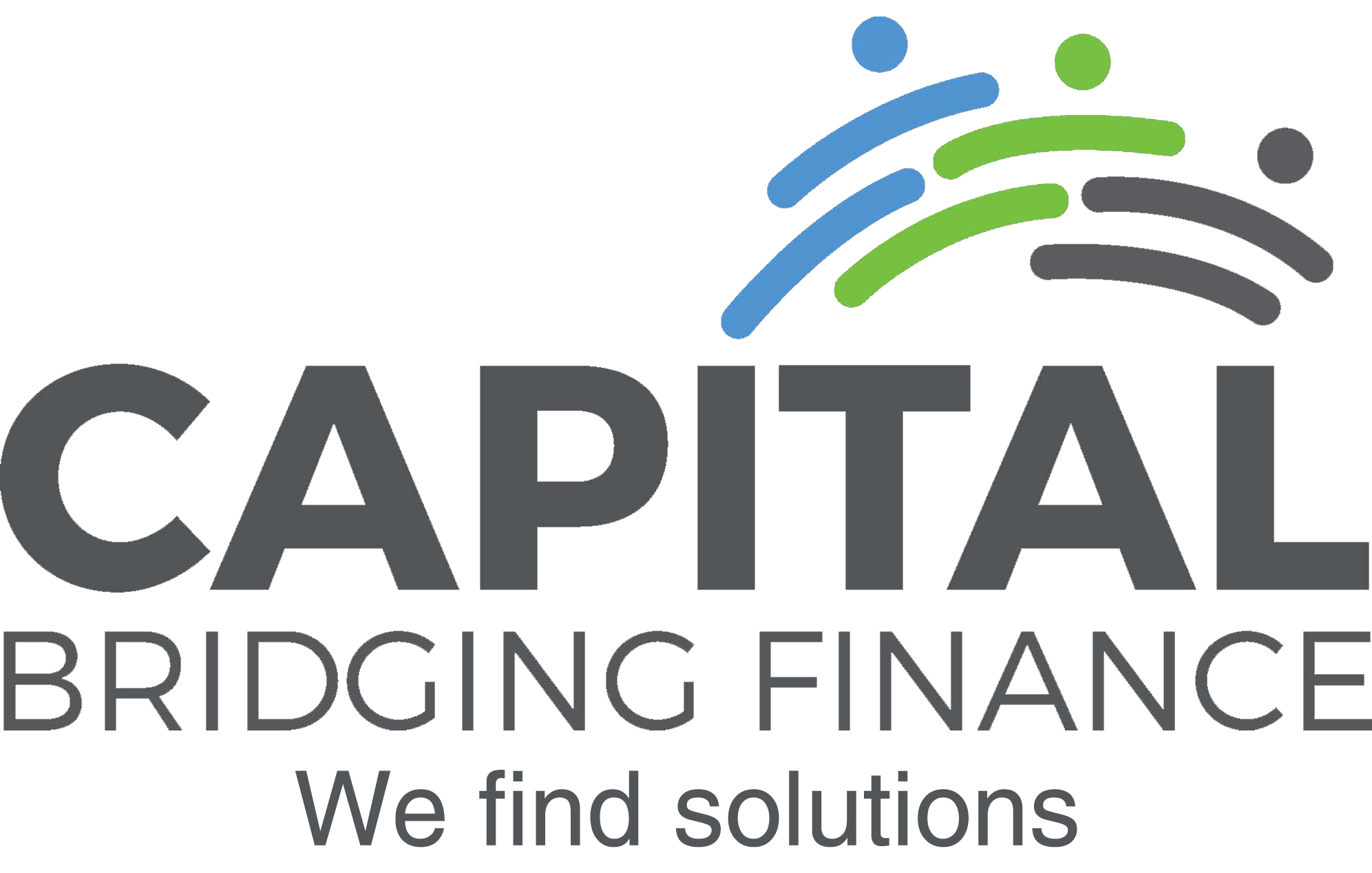The negotiator
Damien Simonfi, CEO of DJ Partners, reveals how brokers can help their customers face debt head on.
Figures from the Australian Bureau of Agricultural and Resource Economics confirm that agriculture was the largest contributor to GDP growth between 2016 and 2017, contributing 0.5% of the 1.9% increase in Australia’s GDP. Further, gross production values reached a record $62.8B over the same period, and agricultural exports accounted for more than 13% of the country’s total export revenue.
However, despite strength in the industry, cash flow requirements mean that those who own agriculture businesses often find themselves needing financial assistance. Each year around 30% of businesses in agriculture, forestry and fishing seek debt or equity finance, with demand second only to SMEs in the mining sector.
Data from the Australian Banking Association cites the main reasons for this as business survival (44.4%), maintenance of short-term cash flow or liquidity (42.3%), the replacement of equipment or machinery (35.7%), and operational expansion (24.9%).
Cash can’t solve all problems though. Agricultual businesses operate under the continued threat of adverse and extreme weather, unforeseen natural disasters and variations in commodity prices. When these hit, things can go badly wrong, and a growing number of agriculture business owners have found themselves out of favour with the banks as a result.
This very issue took centre stage during round four hearings of the royal commission, which saw major lenders hauled before Commissioner Hayne last month to answer questions about their conduct when dealing with farm loans and agri-clients.
From claims of farmers being “effectively gagged” to being put out of business altogether by heavy-handed bank tactics, the farm finance round specifically focused on issues relating to support, non-monetary defaults through revaluation, and changes to lending conditions. For one CEO and former banker, the hearings brought few surprises.
Damien Simonfi, CEO of DJ Partners and Capital Bridging Finance, grew up on a dairy farm and has first-hand understanding of the pride that underpins financial solvency in farming communities.
“Like many of us who have debts, farmers also don’t like to talk about their financial issues. One thing I can tell you is that if you don’t talk to your family, friends, business partners, accountant or lawyer about financial issues, they are going to find out anyway,” Simonfi says.
“There is a stigma attached to having financial issues, which as a society we need to rid ourselves of – if you have a broken car you go to a mechanic; it’s no different,” he continues.
Agricultural businesses aren’t the only ones who turn to DJ Partners when overburdened with debt. With a success rate of 84.6%, DJ Partners has represented agricultural portfolios worth more than $2.2B and also operates with corporate clients who have typical debts in excess of $10M, as well as high-net-worth individuals.
According to Simonfi, there’s a fine line between financial hardship and unaffordability. For example, a person earning $300,000 a year in mining who now has to work as a barista for $50,000 will be classed as experiencing affordability issues. A person who has a short-term problem, such as job loss, but who can bounce back within six to 12 months is experiencing financial hardship.
He adds, “We want to keep people in the bank’s good books by negotiating as early as possible, restructuring and making a real coordinated and targeted strategy to manage debt long term, with all lenders on the same page and in agreement, working with a professional strategic consulting firm to achieve a successful outcome.”
To do that, Simonfi thinks like a banker. Drawing on years of front-line experience with the big four, subprime lenders and within the bridging finance sector, he and the DJ Partners team hold combined experience exceeding 124 years.
Recalling how the company was established in 2011, he says, “I was working in asset management for a large financial institution, and somebody rang a bell to signal a new receiver had just been appointed. I asked why they were ringing a bell and the colleague responded with, ‘Well, it’s another successful outcome’.
“I was mortified and quite disgusted by that approach. I had an epiphany and realised I could actually help more people with their financial problems by acting for them than I could by acting at an executive level within an institution where, by the time an issue reached me, it would be too late.”
While the royal commission has provided a business boost for DJ Partners, it also highlights the lack of places a distressed borrower can turn to when faced with mounting debt and dwindling options.
“I have seen first-hand what banks can do to borrowers,” says Simonfi.
“There is no compassion and they can do irreparable damage, but I have also seen the opposite where banks have exercised discretion and worked with our clients for successful outcomes. The royal commission has generated enquiries for us because there is nobody, that we are aware of, who specialises in negotiating bank debts and restructuring outside insolvency.”
Power of persuasion
For those who face their debts head-on and take an active role in debt management, support and advice exist throughout the marketplace, but both borrowers and brokers remain largely unaware of this. For brokers, there are several reasons a client may require the services of DJ Partners. From refinancing to capital bridging, the firm negotiates with banks and other lending institutions to create workable terms and repayment schedules that are realistic for every party, while avoiding bankruptcy and loss of assets.
“We have never not been able to improve a borrower’s situation; that said, the earlier we get involved the easier it is for us to complete our work,” Simonfi says.
The DJ Partners team – recruited from institutional and commercial banking, the Ombudsman’s office and the wider financial industry – work closely with brokers to get their clients fighting fit, financially speaking. “We have restructured countless deals. We have had clients with debts exceeding $30M and value of property at approximately $10M.
We have had banks hand over hundreds of thousands of dollars to the client in order for them to cooperate and allow a sale to go through. We have had debts reduced to 30% of the total balance in order for the borrower to leave. On 300% LVR a bank can be haemorrhaging around $200,000 a month, so these are exceptional outcomes, exceeding client expectations,” Simonfi says.
Other clients, whether referred by lawyers or accountants or picked up through direct enquiries, are later paired with brokers to secure the finance they need to move forward with their lives after debt negotiation.
More than 90% of the firm’s business originates from brokers, who receive a referral fee for each client they engage. A strategy-building and negotiating process takes place, and the borrower is then returned to the broker’s books for finance.
Simonfi explains, “Our solutions don’t put the bank at further risk; in fact we derisk the bank’s profile. Our solutions create a platform for the borrower to refinance, sell, repatriate or a combination of all of the above, as opposed to just giving a situation time.”
With responsible lending measures, enhanced credit reporting and open banking all scheduled for introduction over the coming months, Australia’s financial landscape is in for some drastic changes. However, as long as debt – the good, the bad and the ugly – remains central to daily life and business, DJ Partners will continue to fight the corner of the cash-strapped consumer.
“By looking at a bank’s credit policy, credit risk appetite and discretionary powers, we understand what they can and can’t do. It’s about knowing what the bank’s restrictions are and how to work in their guidelines with a little discretion, a little negotiation, and the understanding that banks have the power to make decisions favourably, but they won’t unless a robust credit risk strategy is presented,” says Simonfi.


